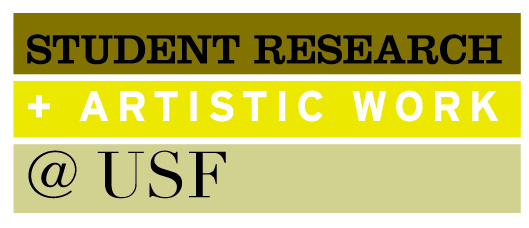Major
Psychology
Research Abstract
Can mental simulation of alternative research outcomes reduce bias? We attempted to extend Hirt et al.’s (2004) finding of debiasing when alternative basketball standings were easy to simulate and participants were low in need for structure (NFS). Amazon Mechanical Turk (AMT) participants explained why taking notes by hand might improve test scores, then three groups of them explained different outcomes: Consider-opposite participants explained benefits of laptop notetaking, and two transfer groups explained either a plausible or an implausible outcome for unrelated research. None of the three groups differed from a baseline group in test score estimates or likelihood that taking notes by hand leads to higher test scores. However, low-NFS participants estimated marginally lower likelihood that notetaking by hand is superior, suggesting less bias to their initial explanation. We consider whether variation in participants’ psychology backgrounds might have overwhelmed effects, and discuss a replication with students taking introductory psychology.
Faculty Mentor/Advisor
Edward Munnich
PowerPoint
Does mental simulation of alternative research outcomes reduce bias in predicted results?
Can mental simulation of alternative research outcomes reduce bias? We attempted to extend Hirt et al.’s (2004) finding of debiasing when alternative basketball standings were easy to simulate and participants were low in need for structure (NFS). Amazon Mechanical Turk (AMT) participants explained why taking notes by hand might improve test scores, then three groups of them explained different outcomes: Consider-opposite participants explained benefits of laptop notetaking, and two transfer groups explained either a plausible or an implausible outcome for unrelated research. None of the three groups differed from a baseline group in test score estimates or likelihood that taking notes by hand leads to higher test scores. However, low-NFS participants estimated marginally lower likelihood that notetaking by hand is superior, suggesting less bias to their initial explanation. We consider whether variation in participants’ psychology backgrounds might have overwhelmed effects, and discuss a replication with students taking introductory psychology.



